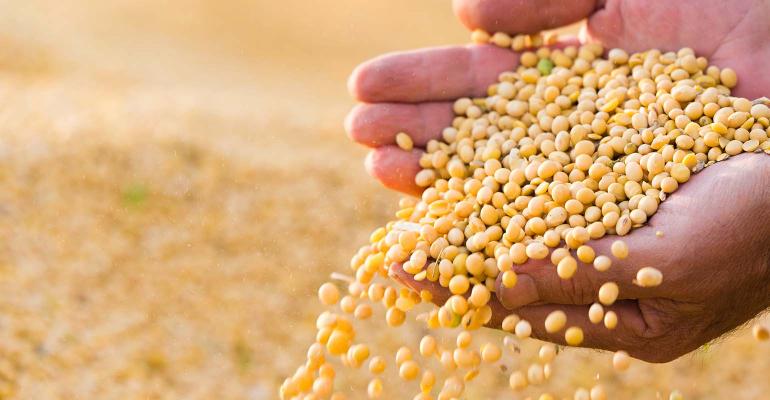Improving nutrition security in sub-Saharan Africa by mid-century under increasing climate risks and population growth requires farmers to shift to alternative nutrient-rich crops such as soybeans and reduce their reliance on maize, scientists have urged.
According to a study titled Stakeholder-Driven Transformative Adaptation Is Needed for Climate-Smart Nutrition Security in Sub-Saharan Africa, the researchers are advocating for fruits, vegetables, and crops such as cassava, millet, and sorghum.
“Our results suggest that a continued focus on maize will continue to lead to sub-optimal nutritional outcomes in all countries.,” states the study in part warning that climate change and over-dependence on maize could lead to increased food and nutrition insecurity.
It stresses the importance of adopting climate-smart strategies to avoid health issues due to poor nutrition caused by solely focusing on increasing calorie production.
They suggest that by diversifying into soybean production as a resilient option, and increasing the production and consumption of animal-based products could enhance diets.
The research calls for coordinated policies across government departments, emphasizing a strategic approach to integrate nutritional requirements into agriculture.
Simultaneously, researchers have employed genome editing techniques to create rice lines resistant to Rice Yellow Mottle Virus (RYMV).
This virus has historically affected small-scale farmers in Africa, leading to significant crop losses and posing a critical threat to food security.
Dr. Yugander Arra’s research team at Heinrich Heine University Düsseldorf asserts that the development of resistant rice varieties represents a pivotal advancement in the establishment of locally adapted elite varieties for small-scale food producers in Africa.
Rice Yellow Mottle Virus (RYMV), transmitted by beetles and leaf-to-leaf contact, has been prevalent in Sub-Saharan Africa and Madagascar since 1966.
Over the years, it has posed a considerable threat to farmers across Africa, particularly those cultivating plots of less than one hectare.
Farmers routinely face losses ranging from 10 to 100 percent of their rice harvests, further intensifying their challenges.
The resistance trait is linked to the inactivation of a non-essential gene function. By fully deactivating the gene, the plants exhibit normal behavior while gaining resistance to the virus.
The subsequent stage of the research intends to extend the same editing process to pertinent African elite varieties, with the ultimate objective of providing small-scale producers access to these resistant varieties.
In Eastern Uganda, farmers are celebrating the introduction of the biofortified bean variety Narobean, introduced in 2018.
The beans require less cooking time, conserving fuel, especially since much of the fuel used is firewood or charcoal, thereby minimizing environmental impact.
This specific bean variety, coupled with enhanced farming practices, has contributed to a 36 percent increase in household income for Ugandan farming families.
Additionally, a collaboration between the National Agricultural Research Organisation (Naro) and Pabra has facilitated the provision of resilient bean varieties for drought response to relief agencies in various African countries.
As per the information from the International Center for Tropical Agriculture (CIAT), beans stand out as a widely consumed food crop in Africa.
Additionally, they serve as a cost-effective protein source in a region grappling with persistent challenges of malnutrition.









